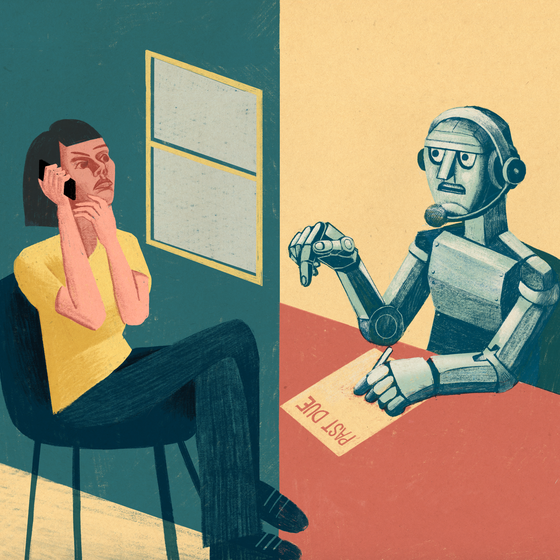Behavioral
Can AI Replace Human Debt Collectors?
New research co-authored by Yale SOM Professor James Choi finds that people are less likely to follow through on a commitment to repay a debt if it’s made to an AI agent. The finding hints at one area where humans may always retain an advantage over bots.

How Do You Market to Millennials?
If millennials haven’t yet reshaped your products and marketing, says Christine Barton of BCG, they will soon.

The Housing Market Still Isn’t Rational
In a New York Times op-ed, Robert J. Shiller explains why the housing market “is far less rational than even the often irrational stock market.”
The Mirage of the Financial Singularity
The financial singularity, a hypothetical state in which powerful computers direct all investment decisions and financial markets become perfect, will never become reality, according to Robert Shiller.

Can Guilt Make You Happy?
Two new studies from Yale SOM’s Ravi Dhar suggest that a touch of guilt can be a powerful tool for marketers.

Inspiring Economic Growth
Robert Shiller proposes government spending that inspires a vision of a better future.
More Public Toilets May Reduce Sexual Assault in South Africa
A new study by researchers at the Yale School of Management and the Yale School of Public Health.
Can We Have Economically Secure Retirements?
The end of defined-benefit pensions and a volatile stock market have made many Americans skeptical that they can retire comfortably. Is a new model emerging for how we plan for retirement? A panel of experts and practitioners talks about policies to help us bolster our retirement savings.

Community Motivation and Subsidies Increase Toilet Use in Developing World
A combination of community motivation and subsidies targeted to the poor is the most effective way to increase toilet ownership and use, and decrease open defecation, in developing countries, according to a new study published in the journal Science.
Rethinking Marketing and Customers: Lessons from Behavioral Economics
Four experts gave a wide-ranging overview of how insights from behavioral economics are being applied in governments, businesses, and other organizations.
Balancing the Letter and the Spirit
Should organizations favor the dependable efficiency of rules and standards or a less calculated but more flexible operation that bends to accommodate individual situations? How about both?